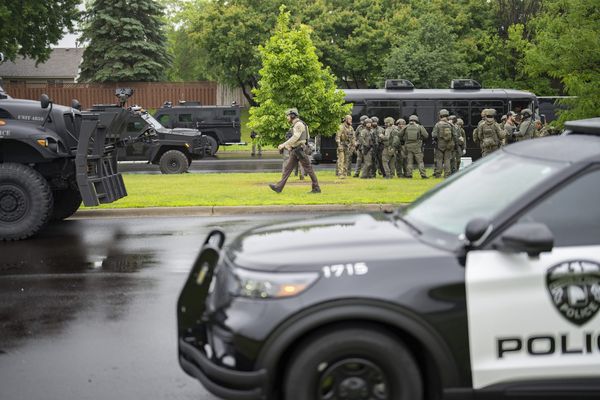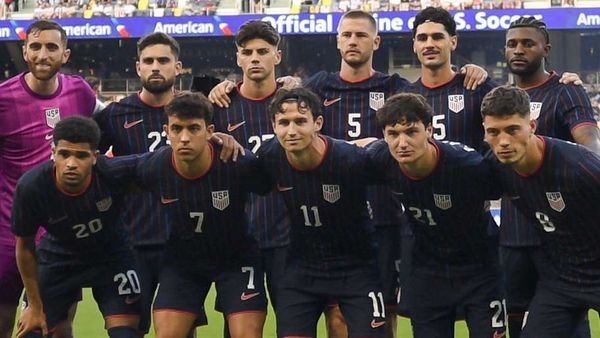
It is hard to argue when a video game is truly bad, whatever its relative merits. A broken game is rife with glitches, freezing or falling to pieces when you play it. And ungainly controls or horrible graphics might make it even more unpleasant. But now and then, as in the film world, even games that are terrible can become popular. Sometimes a train-wreck of a video game can deliver something that no well-produced blockbuster can: the element of surprise.
Night Trap (1992)

The ludicrous sorority-house slasher Night Trap was always doomed to be talked about more enthusiastically than it was played. This early experiment in interactive film is a choose-your-own-adventure, mixed-media curio cobbled together from sequences of live-action footage, inviting players to command surveillance cameras hidden in a college dorm, where a coterie of coeds fall prey to nefarious vampires. You observe the amateur actors, channel-surf the CCTV cameras on the lookout for baddies and occasionally click something to trigger one of the titular traps, thwarting the bloodsuckers before they drain their victims dry.
Night Trap was conceived in the mid-80s as state-of-the-art entertainment for a VCR-like console manufactured by Hasbro, the Control Vision, which was never released. Revived years later on the ill-fated Sega CD, the game would, alongside Mortal Kombat, form the basis of a committee hearing in the US Senate to address issues of violence and sexuality in the video game industry – a controversy that compelled retailers to withdraw the game. The meagre gameplay, risible drama and laughable horror cliches that should have consigned it to the dustbin are exactly the qualities that make Night Trap so endearing.
Deadly Premonition (2010)

Hidetaka Suehiro, the Japanese writer-director better known as Swery65, makes video games that do not look or feel quite like anyone else’s. Deadly Premonition, released on PlayStation 3 and Xbox 360 in 2010, is his magnum opus. An unusual survival horror bristling with dread and pitch-black comedy, it tells a story of trauma, abuse and power in small-town America that earned it favourable comparisons to Twin Peaks, though its close relationship with David Lynch’s landmark TV series is, at times, almost plagiaristic.
Unfortunately, it is borderline unplayable. Deadly Premonition looks like the product of a much older console generation, with awful controls, clumsy combat, incongruous music and sound effects, as well as visuals from the distant past of 3D graphics. Poor production values meant Deadly Premonition was received coolly, even by critics who glimpsed Lynchian brilliance beneath its crude veneer. Over time, its reputation has been resuscitated and the game has emerged as a cult favourite, cherished for its weirdness and lack of refinement.
Superman 64 (1999)

Video games based on films have had a dire reputation since copies of ET on the Atari started populating landfills in Arizona, but even the lowest expectations could not have prepared anyone for Superman 64 on the cusp of the millennium. Awkward, ugly and almost physically painful to play, Superman 64 routinely tops lists of the worst video games of all time – an enduring testament to the torture it is still capable of inflicting on anyone foolish enough play it.
Flight is virtually impossible. Graphics so badly strain the console that you can scarcely see 3ft into the distance, A feature the game has the gall to attribute to “Kryptonite fog” plaguing the city of Metropolis. These are the kinds of faults that quickly become legend – and Superman 64 has cultivated a fanbase of curious masochists eager to see how bad it really is. Twitch and YouTube host plenty of videos dedicated to the anti-glory of Superman 64, some of them made by people who were barely born when it was released.
Jurassic Park: Trespasser (1998)

This is a once-in-a-lifetime disaster. Few games are more ambitious than Jurassic Park: Trespasser, which was designed as a digital sequel to Lost World. It soared over its budget, sailed over deadlines and was rushed out late to dismal sales and abysmal reviews. On closer inspection, it is easy to see what could have been: a game 10 years ahead of its time.
Trespasser aspired to do a lot of things that had never been done before. Its complex graphics engine relied on artificial intelligence rather than prefabricated animations and it was the first game to introduce ragdoll physics. The designers wanted Trespasser to be exceptionally realistic: the game has no health meter or ammo counter, and players control their avatar by moving individual parts of its hands and arms. Hardly any of these innovations actually worked: the game was broken and unfinished, and lambasted accordingly. But elements of it have since appeared in everything from Surgeon Simulator to Half-Life 2, making it a historical curio.
Sneak King (2006)

Cooked up in 2006 as a promotional giveaway in conjunction with Xbox Live, Sneak King is, in effect, a playable advertisement: it’s a silly, slapdash interactive commercial for Burger King, replete with references to Whoppers and value meals. As one of the rubbish arcade-style games developed by Blitz Games, and made available for a small surcharge with any Burger King purchase, it aimed to cash in on the popularity of the new Xbox 360.
Except here’s the thing: people really liked Sneak King. Not so much critics, who justly lambasted it for being hastily whipped together and teeming with interface problems and critical bugs. But Sneak King became a brief craze, selling more than 3m copies by the end of the promotion. What is it about this simplistic stealth action game that attracted so many people? Perhaps it was the bizarre semi-ironic tone, which seemed to make a joke of Burger King’s mascot.







